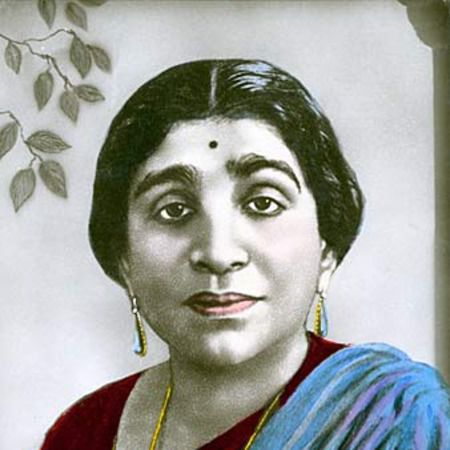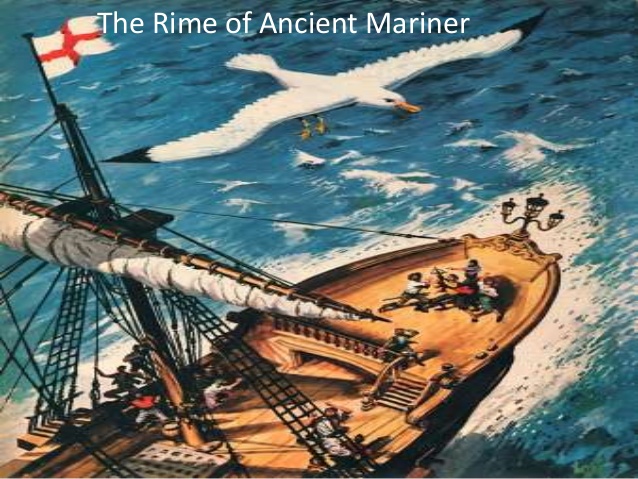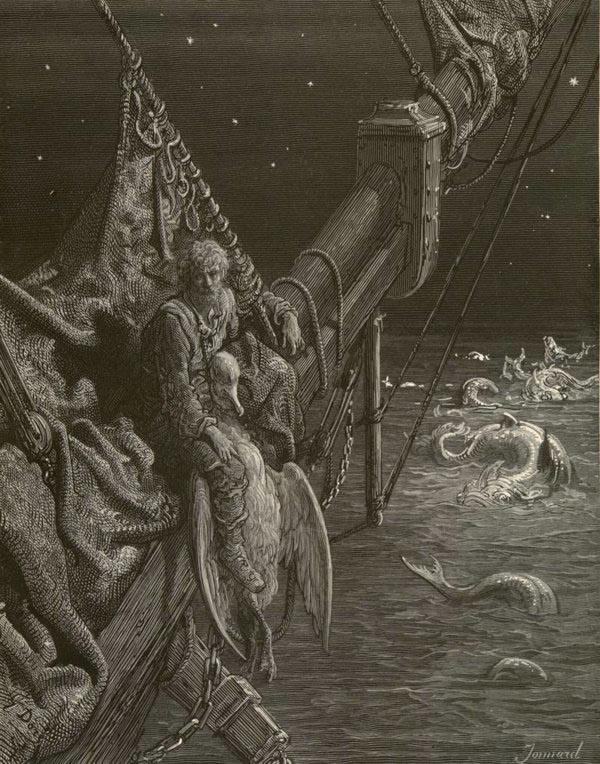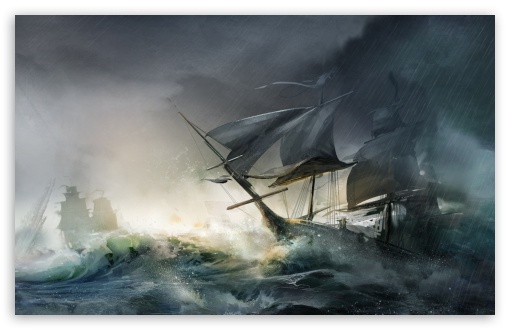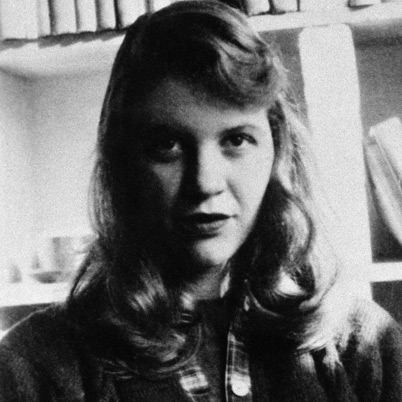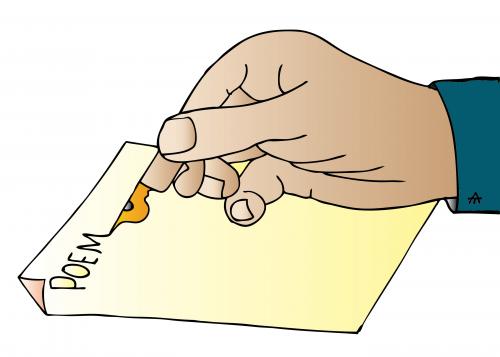In Daddy Plath draws the reader’s gaze to the connection with the story of Electra: [The poem] is spoken by a girl with an Electra Complex. Her father died while she thought he was God. Her case is complicated by the fact that her father was also a Nazi and her mother very possibly part Jewish. In the daughter the two strains marry and paralyze each other – she has to act out the awful little allegory once over before she is free of it.
This statement is important for several reasons that may apply to the other poems of Plath as well. In the first place, we may note the deliberate effort to go beyond the self by employing, on the one hand, greek myth and on the other, events from world history (the Nazi Jewish enmity). Secondly, it is easy to discern the awareness of psychoanalytical theories and their application to personal relationships. This poem speaks of the father-daughter relationship but in another poem (Medusa, for instance, it is the relationship with the mother that the poet is concerned with. In yet another poem, it may be the ambiguous mother-child bond that she focuses on (as in Lesbos). Third, the poem takes a close look at not just the relationships, but here emotional complexities of a person, the existence of opposing forces within one’s psyche, the good and the bad, the gentle and the harsh, the jew and the Nazi. And finally, Plath’s note puts forward a subtle suggestion that poetry, in its most powerful form, is a ritualistic gesture. It is an exorcism of the demons that haunt the poet. It is therapeutic it has a cathartic effect. In such poems there is generally an inner, psychological conflict the persona is engaged in.
Daddy, speaking of the two conflicting strains within the girl which marry and paralyze each other, deals with such a conflict. Plath is here dealing with the influence of heredity on an individual as these psychological tensions are hereditary, legacy from the Electra-like girl’s mixed parental background, part Nazi, part Jewish. Given such a parentage, the girl cannot help being a victim of clashing characteristics. But often, the opposing forces within the self-do not owe their origin to family history they are ingrained in human nature. It may be noted, however, that the lines of Daddy though they storm and curse against one who has betrayed the persona, Could only be uttered by one who cares, one who has betrayed the persona could only be uttered by one has come to nothing. Such are the ambivalent feelings that Daddy expresses against the dead father.
Summary of Daddy by Sylvia Plath
Stanza 1-The Poetess breathes a sigh of relief since she has finally exonerated herself from the stifling influence of her patriarch. She informs that her past life was that of stiffness as a foot is under a shoe. Black shoe- a parody of the nursery rhyme – “There was an old woman . . . “. Achoo – an onomatopoeia mixes the serious and the trivial.
Stanza 2 –Shocking as always Plath tells she has murdered her father. Of course, she means she perhaps has somehow ben able to lift her away from his all empowering presence. Marble-heavy – perhaps refers to the aloofness and coldness of the father. God – refers to the Electra Complex.
Stanza 3 –Plath seems to be celebrating the larger than life stature of her father. Ach du – German: “ah, you!”
Stanza 4 –Plath mentions the place of her father’s birth which is Grabow, Poland. The stanza also refers to the Second world war.
Stanza 5 –She comes to know about her own father from someone else. She herself could never talk to her father because there was always a gap of communication. The last line could mean lisping.
Stanza 6 –This stanza also mixes the imaginary experiences of the innocent people caught in the crossfire of the imperialist powers and the individual experiences of the poetess’s inability to get emotionally across to her father.
Stanza 7 –The stanza referring to Jewish annihilation had more to do with movies than with memory. The names bring back the horrors associated with the concentration camps.
Stanza 8 –The poetess refers to her ancestry. She presents herself as a gypsy, a tribe of people who lived in the eastern parts of Europe. Taroc packs – a pack of cards which could tell future. Tyrol and Vienna – parts of history and war.
Stanza 9 –Gap of communication inevitably leads to fear between the father and the daughter. To this personal equation is thrown the mix of the German air force and the racial nomenclature of the race. Luftwaffe –German Air force. Aryan – Hitler thought he and other Germans belonged to the Aryan race.
Stanza 10 –Signifying the Stockholm Complex Plath tells that woman like those who misbehave with them. The telltale signs of Nazi hegemony could be found in her mentioning of the swastika.
Stanza 11 –The whole poem seems to be a jigsaw puzzle where Plath seems to be putting together one part at a time. Here she describes the chin of her father and paradoxically calls him a devil.
Stanza 12 – Changing her stance once again she says that (giving biographical information) that she loved him so much that in her twentieth year she tried to commit suicide to be with him.
Stanza 13 –She did not die. It refers to her unsuccessful attempt at suicide. Mein Kampf – the autobiography of Hitler.
Stanza 14 –Yet her love of death and her dead daddy did not die so easily. She attempted another suicide and tried to cut off her relation with the world.
Stanza 15 –Replacing her husband with her father she says that she has got out of the influence of her husband too who had come to her as a father figure.
Stanza 16 –Exorcizing herself of the traumatic events and memories associated her father, she feels liberated. Her death was a liberation to her. Stake – a wooden projectile supposed to kill a vampire.
Some online learning platforms provide certifications, while others are designed to simply grow your skills in your personal and professional life. Including Masterclass and Coursera, here are our recommendations for the best online learning platforms you can sign up for today.
The 7 Best Online Learning Platforms of 2022
- Best Overall: Coursera
- Best for Niche Topics: Udemy
- Best for Creative Fields: Skillshare
- Best for Celebrity Lessons: MasterClass
- Best for STEM: EdX
- Best for Career Building: Udacity
- Best for Data Learning: Pluralsight


